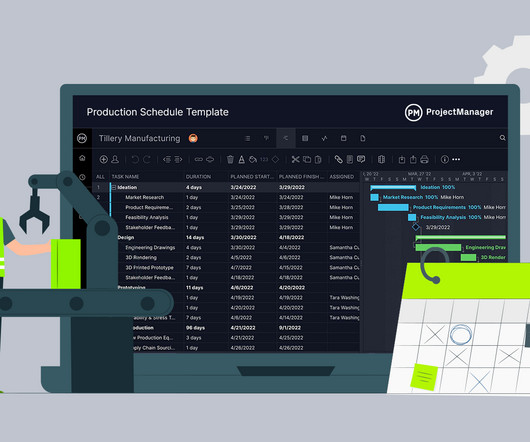9 Types of Artifacts in Project Management
Rebel’s Guide to PM
MARCH 18, 2021
In project management, artifacts relate to documents: the project documentation you produce that defines and supports the work you are doing. That includes: Comms management plan Release plan Scope management plan Iteration plan Test plan Quality plan Logistics plan. What is an artifact? An artifact is something you create.




















Let's personalize your content